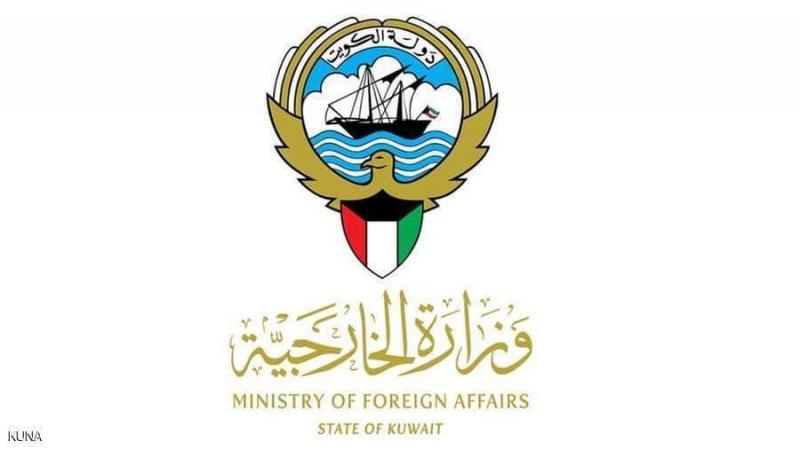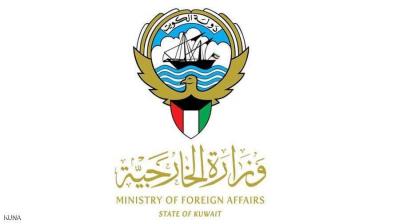Kuwait announced on Saturday the recall of its ambassador to Lebanon for consultations, and also requested the Lebanese charge d'affaires to leave the country within 48 hours. The Kuwaiti Ministry of Foreign Affairs stated that the decision came due to the "persistent negative statements from the Lebanese Republic, the failure to address unacceptable positions against the sisterly Kingdom of Saudi Arabia and other Gulf Cooperation Council countries, as well as the lack of action by the Lebanese government to deter the ongoing and increasing smuggling of drugs to Kuwait and other Gulf Cooperation Council countries."
The statement conveyed that Kuwait "regrets the state of affairs, but at the same time affirms its concern for the Lebanese citizens residing in Kuwait and will not harm them," as reported by the Kuwaiti news agency KUNA. The statement concluded by noting that this action is based on previous statements issued by the Ministry of Foreign Affairs on April 14 and October 27, 2021, and is rooted in the historical ties and deep links between Kuwait and Saudi Arabia, as well as their shared destiny.
Arab League Secretary-General Ahmed Aboul Gheit expressed on Saturday his deep concern and regret over the rapid deterioration of Lebanese-Gulf relations. A responsible source in the league's secretariat stated that the crisis, caused by previous statements from Lebanese Information Minister George Kordahi, and subsequent events and stances, should have been addressed by Lebanon in a manner that would defuse the situation rather than inflame it, leading to a significant setback in Lebanon's relations with its Arab surroundings, particularly the Gulf.
The source added that the Arab League Secretary-General "has confidence in the wisdom and ability of Presidents Michel Aoun and Najib Mikati to swiftly take necessary steps that could put an end to the deterioration of these relations, contribute to calming the atmosphere, and mend the rift caused by the actions of parties interested in dismantling the bonds of brotherhood between Lebanon and its Arab brothers in the Gulf and other Arab countries." Aboul Gheit urged Gulf officials to consider the proposed measures amidst this situation to avoid further negative impacts on the collapsing Lebanese economy and the citizens living in extremely difficult conditions.




